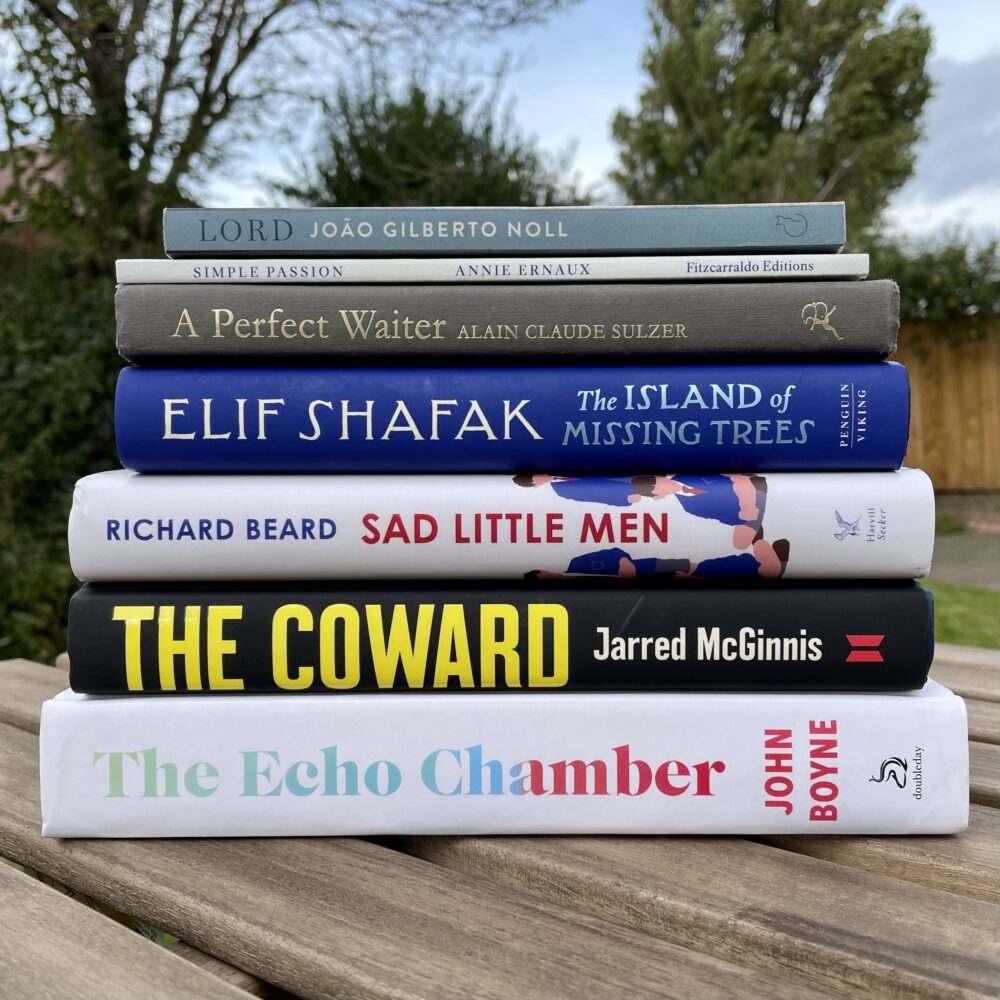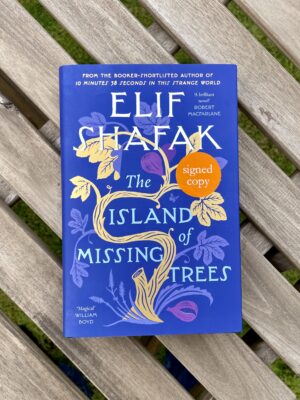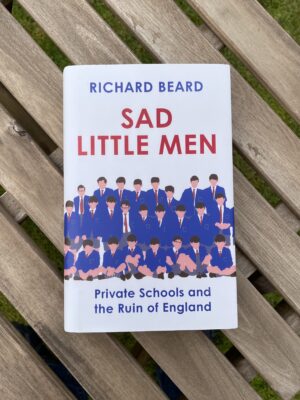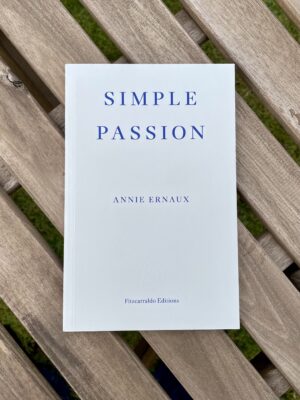31 things I learned in October 2020
1: I learned about Usutu virus.
2: Donald Trump, who only allows people who have tested negative for covid-19 to be in close proximity, has tested positive for covid-19, underlining the fallacy of relying on other people’s negative test results as the sole protective measure against infection. Meanwhile, Boris Johnson presses on with his moonshot project to provide mass testing so that we can all rely on other people’s negative test results as the sole protective measure against infection. A negative test is only as good as the testing technology—and even if the technology were magically perfect, it still only reflects the moment the test was taken.
3: I’m no fan of spiders (to say the least), but even I found this short article about the venom of funnel web spiders surprising and interesting. The thesis is that the venom is only deadly because it’s not had enough time not to be.
6: “Shaming is a major and necessary form of social control in any public health emergency. We shame people who cough without covering their mouths or who do not wear masks or do not wear condoms – and we should.” I’m not entirely sure I agree, but this provoked some thoughts.
7: Some people are much braver than me when it comes to getting involved in home renovations!
The combination of extreme pressure and tiredness which characterises the experience of most people in public health at the moment means that warranted frustration—and perhaps grief—is often expressed in a manner that looks a lot like anger. This article helped me to reflect on and unpick some of the true underlying emotions, which aren’t really anger at all… in most cases.
10: “In two years, thousands of tourists and space enthusiasts could be gathering in the far north of Scotland to watch an unlikely event, the inaugural flight of a rocket blasting off from a peat bog usually grazed by deer and sheep.” Only a year away by the time this post is published… or not.
12: “The Prime Minister has today set out how the government will further simplify and standardise local rules by introducing a three tiered system of local covid Alert Levels in England” and it’s time for another bold and ill-advised prediction from me. Ill-advised because by the time this is published, you’ll know if it’s come true, and I might look like an idiot.
The plan which the Government has announced is scientifically illiterate. Tiers appear to be allocated mostly on the basis of the number of cases in a given area, yet the speed of spread is far more important. An area which has only 10 cases today will have nearly 500 cases within six weeks if the case numbers are growing by 10% per day. An area which has 100 cases today will have only fewer than 250 cases within six weeks if case numbers are growing by only 2% per day.
Restricting only areas with high case numbers is folly. The oft-repeated argument that it’s “unfair” to impose restrictions on areas with low proportions of the population infected is based on a misunderstanding of mathematics.
The fact that the measures at each tier are only aimed at slowing the spread, and won’t be introduced until an area has a high number of cases—regardless of the speed of spread—means that I’m certain we’ll end up with an England-wide lockdown within weeks. It’ll be “stay at home” again, but with schools allowed to remain open this time. I think the Government will be slow to admit the error of the Tier system, so we may well see a new Tier 4 (local “stay at home”) unveiled before then.
And while I’m on a roll… basing restrictions on incident cases is acting far too late. The impact of restrictions takes at least an incubation period to come into effect. Introducing restrictions only when the case numbers are causing the NHS to reach breaking point is damning services to fail. I think Nightingale Hospitals will be taking patients within the month. Probably not covid patients, because that never made much sense as a strategy, but non-covid patients will be admitted to free up beds for the covid surge.
14: Like an Italian schoolboy, I’ve learned about Giacomo Leopardi. I think he had exactly the opposite perspective to me on many things.
17: Readwise reminded me of this lesson from a book I read some years ago: “Can you assess the danger a criminal poses by examining only what he does on an ordinary day? Can we understand health without considering wild diseases and epidemics? Indeed the normal is often irrelevant. Almost everything in social life is produced by rare but consequential shocks and jumps.”
18: I recently finished reading Ali Smith’s Summer, the extraordinary finale to her seasonal quartet. This article in the London Review of Books made me realise how much more there is to the whole series than I derived on my casual read. Maybe a series to revisit at some point.
19: I’m distinctly average.
21: With rumination, people can make very precisely cutting comments: “On the very rare occasion Linda Barker is on television now, when I do see her, she’s still very bouncy, and I just don’t think she earned the bounce.”
22: I learned about a famous photograph of the corium “elephant’s foot” at Chernobyl.
23: There are times when, even after all this time, Trump’s attacks on the fundamentals of democracy retain the power to shock: “I’ve been complaining very strongly about the ballots. And the ballots are a disaster. Get rid of the ballots and…we’ll have a very peaceful. There won’t be a transfer. Frankly, there’ll be a continuation.”
24: Less than half of the population knows the three cardinal symptoms of covid-19 infection, and fewer than a fifth of those advised to self-isolate actually follow the rules according to the Covid-19 Rapid Survey of Adherence to Interventions and Responses study. I’m surprised more by the former than the latter: for many, a lack of support makes full self-isolation a unviable, and “best efforts” are worthwhile anyway.
25: The Government chose to outsource NHS Test and Trace to Serco, who then themselves outsourced it to many other companies. There is a strong suspicion that the Government does not know even how many companies are now involved, let alone who they are.
According to Bernard Jenkin, who somehow manages to avoid mentioning outsourcing or any private company in his analysis, “there is a spaghetti of command and control at the top, which is incapable of coherent analysis, assessment, planning and delivery.”
One of the dominant narratives about the UK Government response to covid-19 is that the UK was well prepared, but for the “wrong kind of pandemic”.
A command and control structure is required for any pandemic: indeed, it’s probably the keystone. The plan wasn’t for “spaghetti”. The plan wasn’t for the Government to set up a Joint Biosecurity Centre nor a Covid Task Force nor to abolish the single national organisation providing health protection expertise.
Spaghetti doesn’t just appear. It doesn’t grow on trees. Ignoring the long-standing plan, outsourcing to countless private companies, creating public organisations on the fly, abolishing established players half way through, and sprinkling people with no relevant qualifications or expertise at the top; it all adds up to a Government spaghetti recipe of which even Nigella would be proud.
27: HM Government’s top-line advice for people who are in a large indoor shopping centre and feel that they have symptoms of covid-19 appears to be to whip out one’s mobile and book a test—not to immediately self-isolate. This is a surprising approach to controlling spread of a respiratory virus.

30: “We’re all mired in vague unarticulated anxiety right now, and tidying provides you with a strong foundation to ask questions of yourself: ‘What’s important to me right now? How do I want to live?’” I feel a very strong desire to write something snarky about this quote… but then I think there may be some truth to it.
31: It turns out that a year of hindsight wasn’t needed to assess item 12 on this list: patients are arriving at Nightingale hospitals and lockdown is back. Unless, of course, I just did a Cummings and retrospectively edited my predictions to fit.
This post was filed under: Posts delayed by 12 months, Things I've learned, Predictions.







